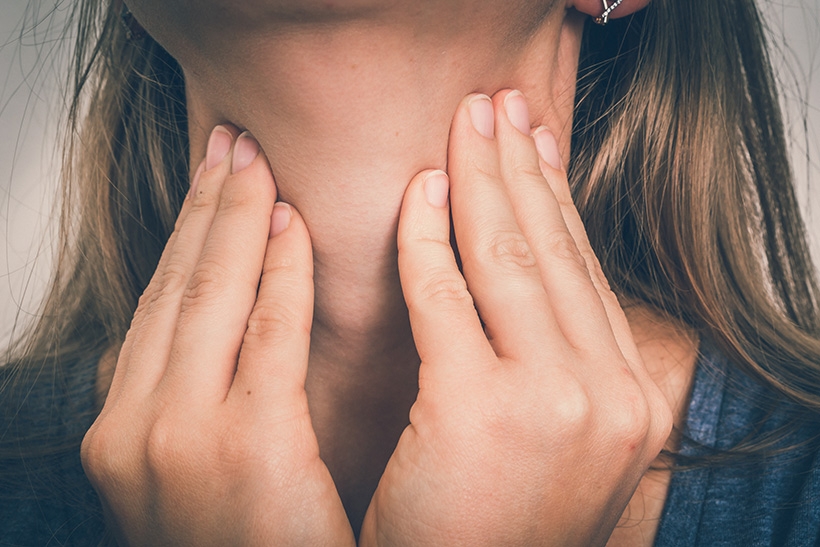Post nasal drip is a bothersome condition that causes many different symptoms. However, because it can be treated in a number of ways, there’s no need to suffer through the discomfort.
In this blog, one of the best Houston ENT and sinus specialists, Dr. Cecil Yeung of Houston Sinus Surgery at the Yeung Institute, explains what causes post nasal drip:
What is post nasal drip?
Your body produces one to two courts of mucus every day through glands in your nose and throat. This mucus is necessary for certain bodily functions, including helping to moisten and clean your nasal membranes, humidify the air you breathe in before it reaches your lungs, trap foreign matter you inhale, and fight infection.
Normally, excess mucus mixes with your saliva and is swallowed without notice. But the feeling of mucus accumulating in your throat or dripping from the back of your nose is called post nasal drip.
What causes post nasal drip?
Post nasal drip can be caused by many different things, including the following:
- Allergies – cause your body to produce extra mucus
- Cold weather or dry air – causes irritation in your nose and throat, which triggers your body to produce more mucus
- Viral infections – including colds and the flu
- Pregnancy
- Eating very spicy food
- Medications – including birth control and blood pressure medications
- Environmental irritants – including chemicals from perfumes or cleaning products
- Smoke
- Respiratory conditions such as COPD
- Structural abnormalities – such as a deviated septum (a crooked or off-center wall between your two nostrils), which can cause mucus to build up rather than efficiently draining
What are the most common post nasal drip symptoms?
In addition to the uncomfortable sensation of mucus dripping down the back of your throat, you may also experience the following symptoms:
- Coughing – which is persistent and often gets worse at night
- Frequent need to clear your throat
- Hoarseness
- Sore throat
- Ear infection – if mucus blocks your Eustachian tube
- Nausea – caused by excess mucus in your stomach
- Bad breath
What are the treatment options for post nasal drip?
The type of post nasal drip treatment you will need depends on what is causing your condition. Some of the most common treatments include the following:
- Antibiotics – only for cases caused by a bacterial infection
- Antihistamines and decongestants – for cases caused by allergies and viral infections (including sinus infections)
- Steroid nasal spray – for allergy-related symptoms
- Surgery – used in cases where other treatments aren’t effective enough
You may also want to try thinning your mucus using the following methods:
- Drinking more water
- Taking Mucinex or a similar medication
- Using saline nasal sprays or irrigation (like a Neti Pot)
- Using a vaporizer or humidifier
If you’re experiencing symptoms that could be related to post nasal drip, make an appointment today with Houston Sinus Surgery at the Yeung Institute. We’re dedicated to providing the least-invasive, most effective treatments that will help you find relief from your symptoms.




